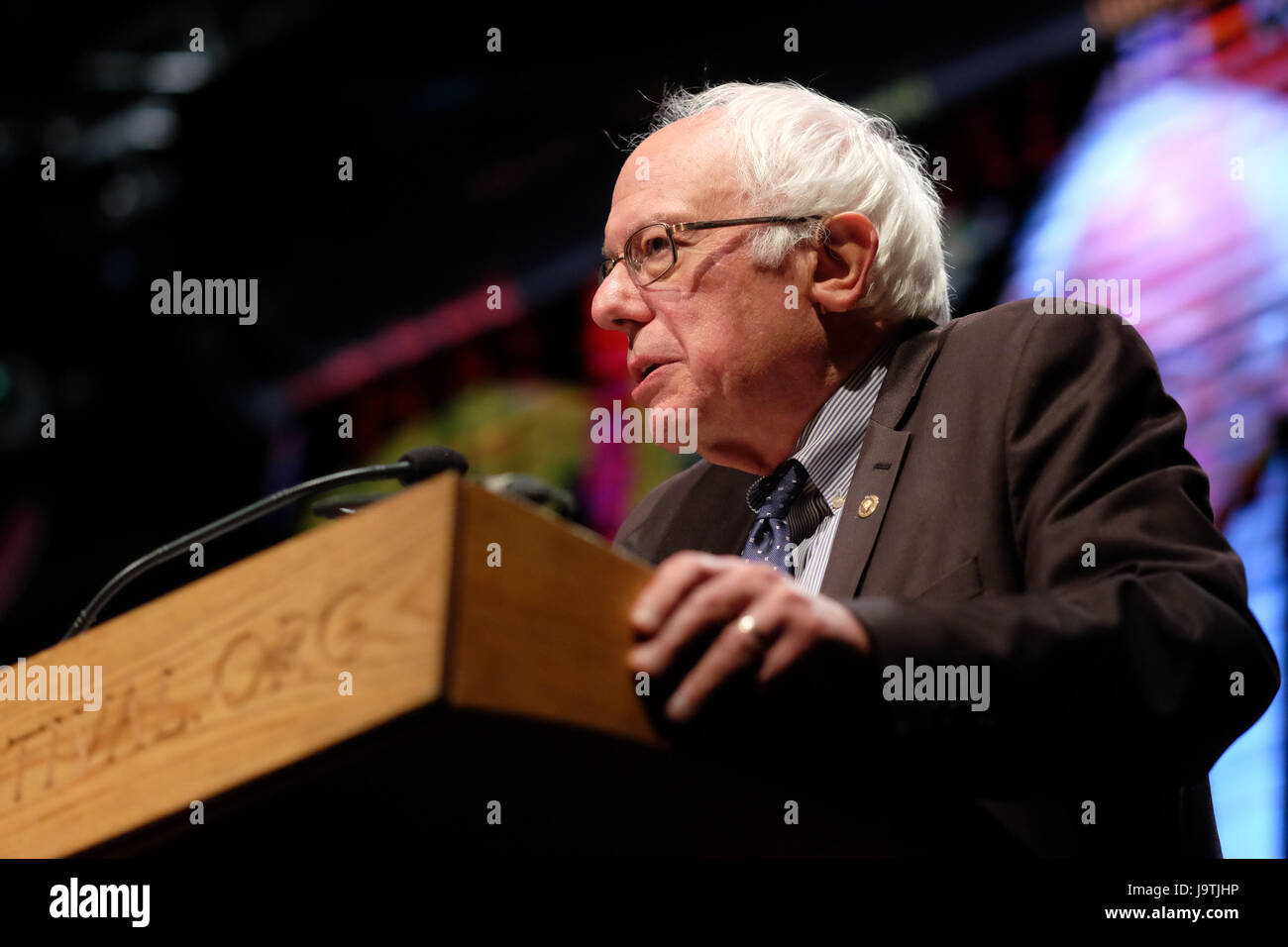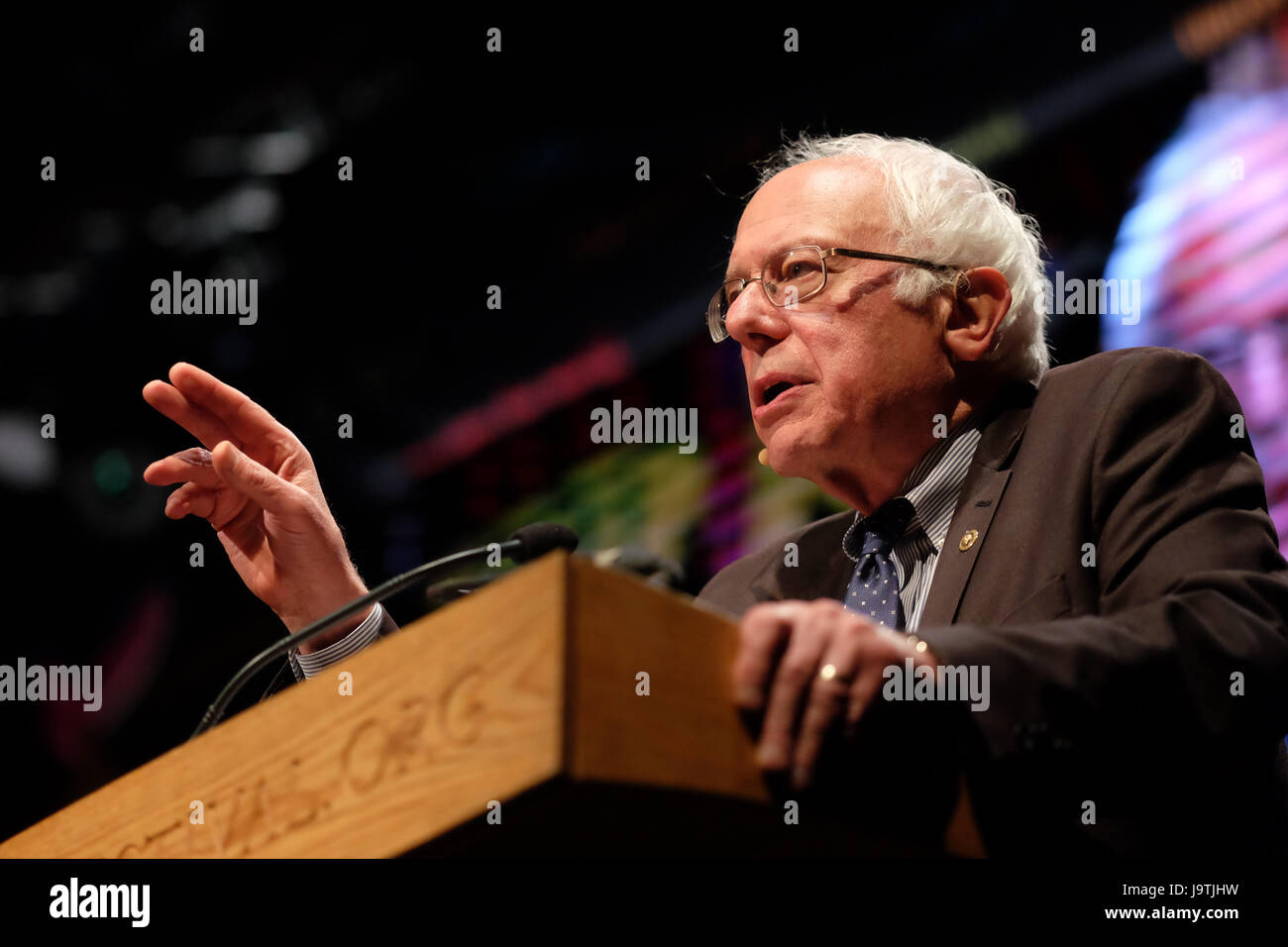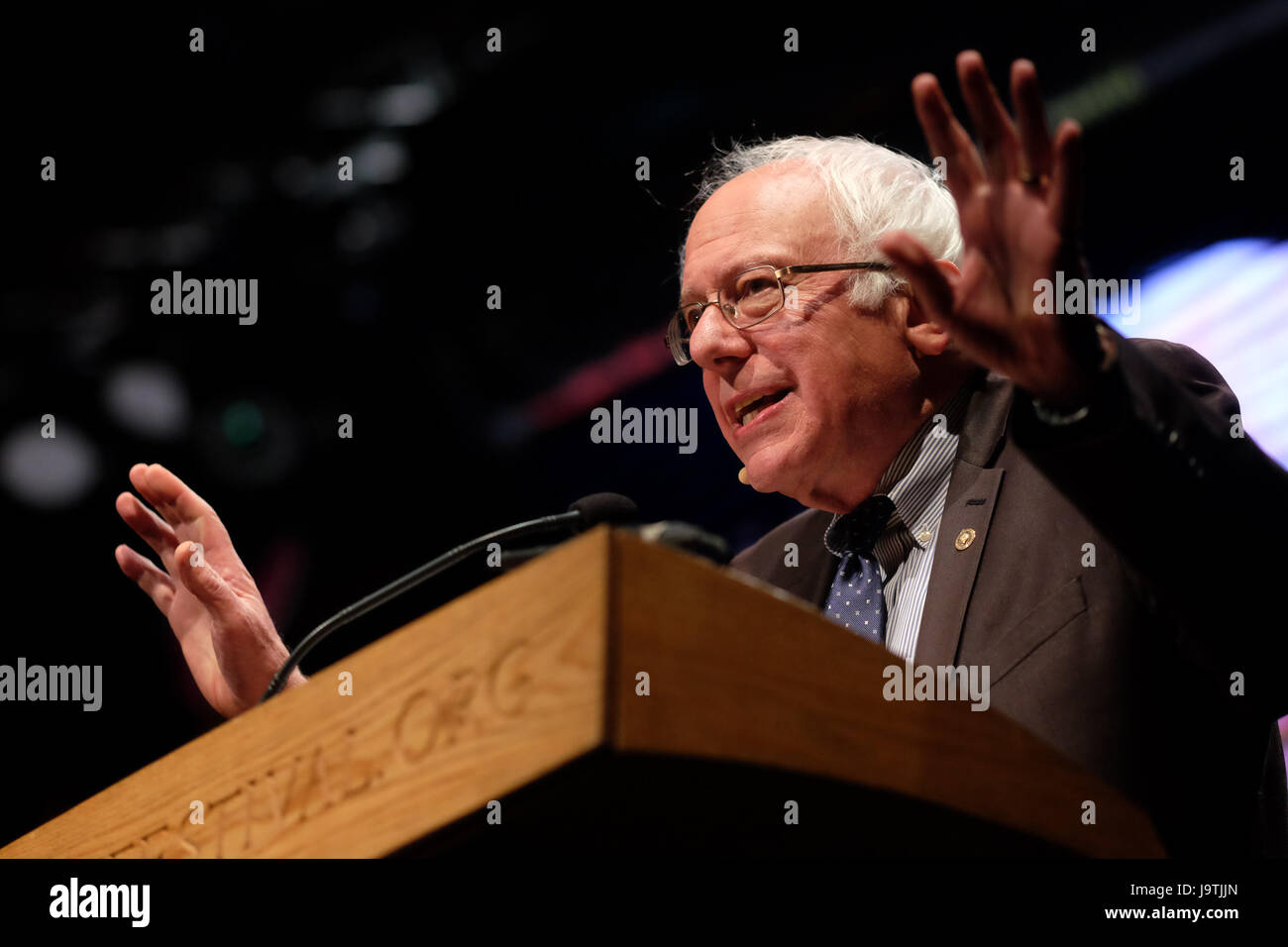Sanders Vs. Kennedy Jr.: The Onesie Clash!
Was a seemingly routine confirmation hearing for the Secretary of Health and Human Services destined to become a political battleground? The unexpected clash between Senator Bernie Sanders and President Trump's nominee, Robert F. Kennedy Jr., revealed deep divisions and highlighted the contentious intersection of healthcare, personal beliefs, and political agendas.
The setting was a Senate confirmation hearing, a space typically reserved for formalities and polite inquiries. However, on Wednesday, January 29th, this environment transformed. Senator Sanders, armed with a specific line of questioning, steered the proceedings into uncharted territory, focusing not on broad policy strokes, but on a seemingly trivial detail that would ultimately expose larger fissures.
The central figure under scrutiny was Robert F. Kennedy Jr., nominated by President Trump to lead the Department of Health and Human Services. A man with a storied family name and a complex legacy, Kennedy Jr. faced Sanders's probing questions with a mix of defiance and defense. The core of the dispute centered around a baby onesie, a piece of clothing seemingly innocuous, yet laden with meaning in this context. The onesie, sold by an organization founded by Kennedy Jr., became a symbol of conflicting ideologies and clashing perspectives.
Senator Sanders, a seasoned politician known for his progressive stances, seized upon this detail. He sought to understand Kennedy Jr.'s position on various issues, particularly those related to public health and the role of government in healthcare. Sanders's questioning was not merely perfunctory; it was a deliberate attempt to expose any potential inconsistencies or conflicts of interest that might disqualify Kennedy Jr. from the position.
The focus on the baby onesie might have seemed odd to observers, but it served as a microcosm of the broader debate. The onesie, sold by the Children's Health Defense (CHD), an organization Kennedy Jr. had chaired, represented a particular viewpoint on childhood vaccines and other public health matters. Sanders, by pressing Kennedy Jr. on his stance, aimed to uncover whether the nominee's beliefs aligned with the values of the department he was nominated to lead. The senator's line of questioning was a careful maneuver, using a single garment to unveil underlying philosophical differences.
The questioning of Robert F. Kennedy Jr. wasn't limited to a few mild inquiries. In a moment of pointed confrontation, Senator Sanders asked a direct and potentially damaging question: "Are you supportive of these onesies!?" This directness underscored the intensity of the moment. The query was not a casual observation but a calculated challenge aimed at forcing a public declaration of support or disapproval. This direct approach reflects the serious scrutiny that the nominee was under, and the degree to which his values were being challenged.
The confirmation hearing took place before the Senate Finance Committee, adding further weight to the proceedings. Senator Sanders's intense scrutiny, with his focus on seemingly minor details, was, in fact, a well-calculated tactic. By examining the nuances and implications of the candidate's views, the Senator was employing a strategy of thorough vetting. The outcome of this exchange could have significant ramifications, potentially reshaping the future of healthcare and influencing public trust.
The hearing offered a candid and unvarnished exchange of opinions. Kennedy Jr., faced with Sanders's persistent interrogation, was forced to articulate his positions more clearly, revealing an individual perspective that might not align with the conventional expectations of a government official. When asked about healthcare being a human right, Kennedy Jr. offered a response that made an obvious distinction between the right to healthcare, and the right to say, free speech. This statement exposed a fundamental difference in philosophy, illustrating the broad range of perspectives shaping the debate. Sanders and Kennedy Jr. presented contrasting views on the proper function of government and its role in promoting public health and well-being.
The focus on the onesie, sold by a non-profit, served as a stark reminder of the potential for controversy and scrutiny that comes with a high-profile nomination. The CHD, a group that Kennedy Jr. chaired between 2015 and 2023, and its business practices were suddenly exposed to the glare of public examination. The seemingly innocuous item, a piece of baby clothing, became symbolic of wider conflicts.
The day before the hearing, on Tuesday, January 28, Kennedy Jr.'s first Senate confirmation hearing for the position of HHS Secretary took place. The pressure was on. With his nomination in the balance, Kennedy Jr. had to defend his past statements and affiliations. It became clear that Sanders intended to grill Kennedy Jr. The Senators direct, confrontational approach sent a clear message.
As the confirmation hearing wore on, the tension became palpable. The stakes were high, and the outcome uncertain. Each exchange, each question, was a new episode in a political drama, playing out for the world to see. The clash of the two prominent figures, Sanders and Kennedy Jr., embodied the complexities of politics and the challenges that accompany them.
Brand, in an unexpected move, injected a note of levity into the increasingly tense atmosphere. It was a brief respite, a humorous moment in an otherwise highly charged environment. However, it did not diminish the underlying seriousness of the confrontation. Sanderss sharp questioning persisted, highlighting the differences in values and priorities. Ultimately, this confrontation became more than just a clash of personalities; it represented a battle over the future of healthcare.
The confrontation between Sanders and Kennedy Jr. was not a fleeting episode, but a moment of reflection. It served as an indicator of the complexities of political vetting. This particular incident was much more than a mere exchange. It exemplified the scrutiny that comes with high-profile appointments. The examination of every detail, the examination of every belief, was a reminder of the delicate balance between personal conviction and public service.
| Bio Data | Details |
|---|---|
| Full Name: | Robert Francis Kennedy Jr. |
| Date of Birth: | January 17, 1954 |
| Place of Birth: | Washington, D.C., USA |
| Education: | Harvard University (B.A.), London School of Economics, University of Virginia School of Law (J.D.) |
| Spouse(s): | Emily Ruth Black (m. 1982; div. 1994), Mary Richardson Kennedy (m. 1994; div. 2010), Cheryl Hines (m. 2014) |
| Children: | 6 |
| Political Affiliation: | Independent (formerly Democrat) |
| Website: | Wikipedia |
The Sanders-Kennedy Jr. encounter was a microcosm of a much broader debate. It highlighted the complex questions at the heart of the American political system, ranging from the government's role in healthcare to the values we choose to uphold. The exchange was an example of the rigorous vetting process involved in high-level political appointments and a stark reminder of the delicate balance between personal belief and public duty. The baby onesie would remain a symbol of the ideological differences that continue to shape American public discourse.
The date of the events described was pivotal. Wednesday, January 29, 2025, marked the day when the clash took place, and Sunday, April 6, 2025, was the date when the context surrounding this exchange was revealed in media publications. The events, the people involved, and the details all highlighted the dynamics of contemporary politics.


